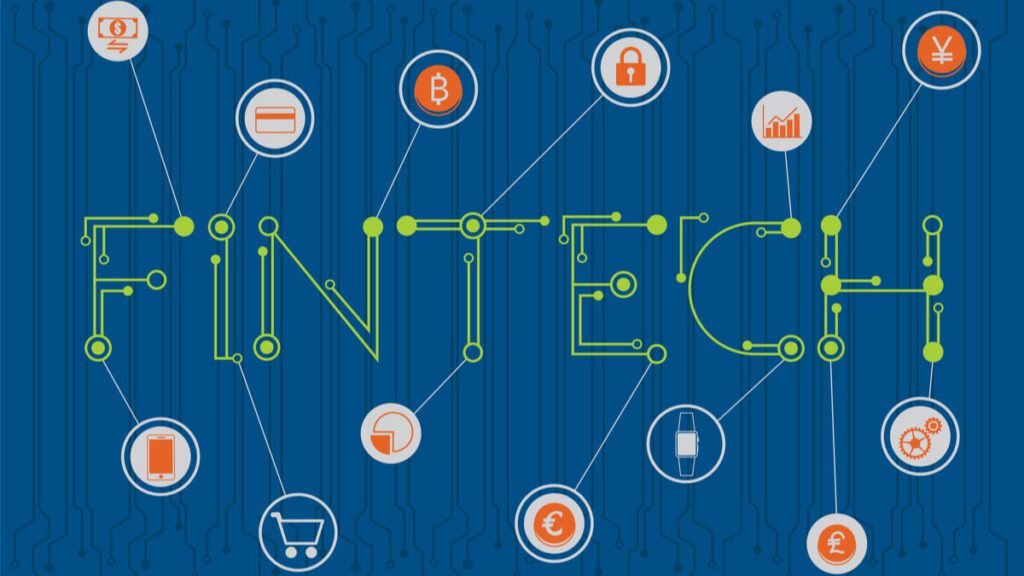
Financial technology (Fintech) aims to compete with traditional financial methods to deliver more efficient services. Fintech’s worth is estimated to be $4.7 trillion in 2020 and around 12,000 Fintech startups have opened worldwide, though a significant impact was felt in the marketplace with the Coronavirus.
This is the case with Pakistan, which has an economy that still relies heavily on cash, by having most transactions settled with cash, while the majority of its residents do not have access to a bank account or modern financial services.
Here, Fintech can provide solutions to many problems, especially with the Coronavirus outbreak. The financial technology services are important to the developing world when leading a global business entity, while having a unique capability to extend financial inclusion, improve the daily lives of people and spur growth.
With the pandemic, people who do not have internet access have had issues in relation to Fintech, but those who have been able to access the internet, find that through Fintech services, they can instantly tap into much-needed financial resources to keep their businesses and lives in order.
In that context, local Fintech and digital wallet solution providers such as EasyPaisa, JazzCash, and SadaPay are helping many people conduct online transactions. Pakistani residents are able to make bill payments through various mobile apps.
In a country where 87% of the population are formally unbanked, commercial Fintech SadaPay, which was established in 2019 and headquartered in Islamabad, brings modern financial services to Pakistan.
SadayPay aims to “eliminate the complexity of banking and simplify money through modern tech and delightful customer experiences.”
Although Pakistan still has a very large cash-based or informal economy, it seems that an increasing number of businesses are adopting Fintech solutions. This includes supporting virtual payments which improves the efficiency of businesses operations in parallel with companies and service providers to offer digital channels of payments.
The SadaPay team notes: “When it comes to (cash on delivery) COD, the e-commerce community in Pakistan seems divided, and is finding it hard to balance the efficiency of digital payments on one side of the equation, and the necessity of COD on the other side.”
After the spread of the virus, Pakistan began conducting digital payments, moving away from cash and are now using debit cards and online payments to move money, according to SadaPay.
Similar examples regarding adopting Fintech solutions in payment solutions is the deal signed between Pakistan‘s National Institutional Facilitation Technologies (NIFT) and Checkout.com, the provider of cross-border payments solutions to Fintech firms. The aim of the deal is to introduce better payment options in Pakistan.